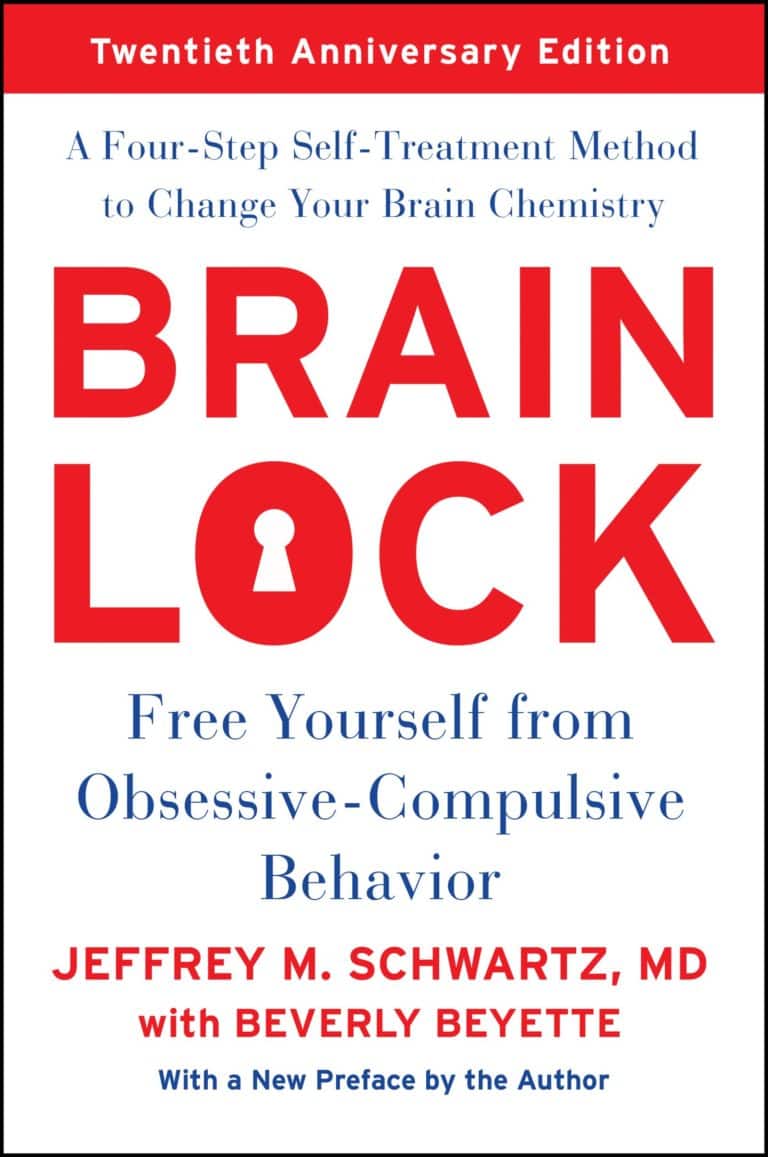Are OCD Thoughts True? 9 Reasons You Shouldn’t Believe the Lies in Your Head

If you’ve ever had a disturbing thought and wondered, “What if this means something about me?”, you’re not alone. OCD has a way of planting fear and then demanding you prove yourself innocent. It convinces you that if a thought feels real, it must be real.
But that’s the trick OCD plays. The thoughts feel urgent—not because they’re true, but because they trigger fear. Below are 9 reasons OCD thoughts are not facts, even when they feel impossible to ignore.
1. OCD Targets What You Value Most
OCD doesn’t create random fears—it hijacks what matters most to you. If you care deeply about your faith, your morality, your identity, or your loved ones, that’s where OCD will attack.
This doesn’t mean your thoughts are true. It means your brain has locked onto your deepest fears—not your deepest truths.
2. Intrusive Thoughts Are Common in Everyone
Studies show that the majority of people experience unwanted, intrusive thoughts—about sex, violence, harm, or blasphemy. The difference is that people without OCD let the thoughts pass, while people with OCD attach meaning to them.
You’re not having these thoughts because something is wrong with you. You’re just responding to them differently.
3. OCD Tricks You Into Seeking Certainty—And That Makes Things Worse
The more you try to “figure out” if the thought is true, the more uncertain you feel. OCD thrives on mental checking, reassurance, and analysis. Each attempt to find clarity only strengthens the obsession.
Trying to prove a thought false doesn’t work. It keeps your brain stuck in the loop.
4. Feeling Distressed Doesn’t Mean the Thought Is Meaningful
Just because a thought makes you anxious doesn’t mean it’s important. OCD thoughts feel real because they provoke emotional reactions, not because they reflect reality.
Your reaction is a symptom—not a sign that the thought matters.
5. Thoughts Are Not the Same as Intentions
OCD often causes Thought-Action Fusion—the belief that thinking something is just as bad as doing it. But that’s not how the brain works.
Having a violent, sexual, or blasphemous thought doesn’t mean you want it, believe it, or agree with it. It just means you had a thought—nothing more.
6. You’ve Likely Had the Same Fear Before—And Nothing Happened
One sign that an OCD thought is false? It repeats. Over and over. Different details, same fear.
You may have already “solved” this thought ten times—but OCD doesn’t care. If it were real, you wouldn’t need to keep checking it.
7. Avoidance and Compulsions Keep the Fear Alive
When you avoid triggers or perform rituals to feel safe, you’re unintentionally reinforcing the belief that the thought is dangerous.
But the truth is: the thought is only powerful because of the meaning you’ve assigned to it. The more you resist reacting, the weaker it becomes.
8. People With OCD Are the Least Likely to Act on Their Thoughts
One of the cruelest parts of OCD is convincing good, caring people that they’re secretly dangerous. But research consistently shows that people with OCD are not more likely to act on intrusive thoughts—they’re often more cautious, more moral, and more risk-averse than the general population.
The fear you’ll “snap” is a lie. It’s OCD playing on your integrity.
9. You Heal by Letting the Thought Be There—Not by Proving It Wrong
The goal of recovery isn’t to eliminate every bad thought—it’s to change your relationship to the thought. You don’t need to argue with it. You don’t need to solve it. You need to let it be there, feel the discomfort, and continue living your life.
That’s where freedom begins.
Final Thoughts
So—are OCD thoughts true? No. They’re not proof. They’re not prophecy. They’re not reality. They’re symptoms of a mind stuck in a fear cycle.
You don’t have to keep believing them. You don’t have to keep chasing reassurance. You can learn to see the thought, feel the anxiety—and choose not to respond. That’s how healing starts.





